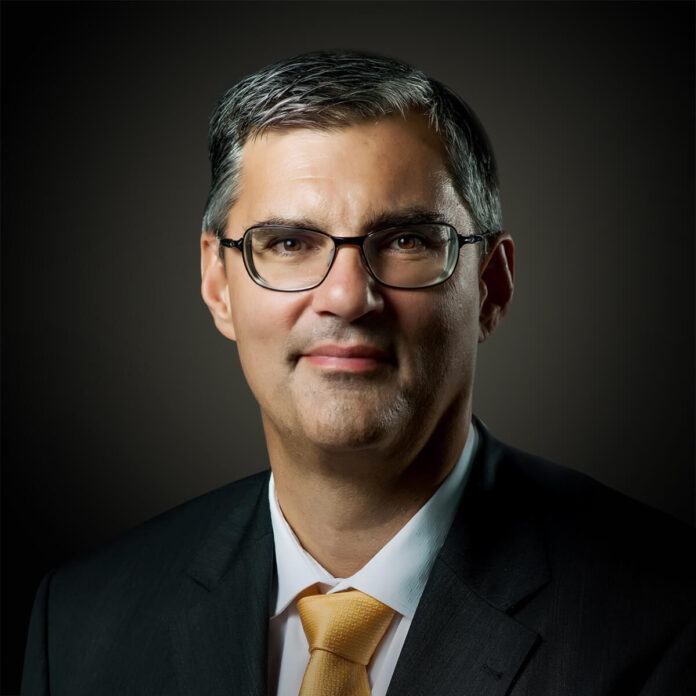Emirates ranks high in five of six key environmental areas, new Agility report says
South Africa and the United Arab Emirates are doing the most to combat climate change in Africa and the Middle East, followed by Egypt and Saudi Arabia, according to a new report that compares government and business sustainability policies, investment and actions.
The recently released Middle East and Africa Environmental Sustainability Scorecard, is the most detailed examination to date of country performance in environmental sustainability outcomes, government policies, and corporate practices in the two regions.
The report concludes that the 17 countries covered are relative ‘late comers’ to global sustainable development but at the same time represent regions that are rapidly stepping-up their sustainability strategies, programs and investments.”
The report was commissioned by Agility, a global supply chain services company based in Kuwait. It was compiled by Horizon Group, a Geneva-based firm that specializes in research and analysis for governments, international organizations, and leading businesses worldwide.
Pillar categories
The UAE ranks among the leaders in five of six pillar categories in the report. It is 2nd in Green Investment, Innovation & Tech; 1st in Sustainable Infrastructure & Transport; 2nd in Governance & Reporting; 1st in Environmental Ecosystems; and 4th in Circularity, the pillar measuring materials footprint and waste management practices.
Like other energy dependent GCC economies, UAE trails African countries in the Energy Transition pillar, which looks at fossil fuel production and consumption.
The scorecard uses 48 performance and progress indicators to compare countries. The indicators include data, regulatory frameworks, policy assessments, incentives and corporate practices across six pillar areas: green investment and technology; sustainable infrastructure and transport; governance and reporting; energy transition; environmental ecosystems; and circularity. To capture corporate practices and progress, Horizon surveyed 647 business executives in 17 countries.
One through 17, here’s how the countries rank: South Africa, UAE, Egypt, Saudi Arabia, Rwanda, Kenya, Uganda, Ghana, Morocco, Qatar, Tanzania, Nigeria, Bahrain, Kuwait, Cote d’Ivoire, Oman, Mozambique.
Vertical Farming
The report singles out the UAE for a vertical-farming project, the world’s largest, which is intended to save 250mn liters of water, as well as its investment of US$ 50bn in clean energy projects in 70
countries. A UAE-US partnership intended to accelerate the clean energy transition is intended to raise US$ 100bn to deploy clean energy globally.
The UAE is hosting COP28, the UN-led global climate change conference, in Dubai from Nov. 30 to Dec. 12. The country is committed to becoming a key player in decarbonization, the report says.
The UAE’s goal is to have net-zero emissions by 2050. ADNOC, Abu Dhabi’s state-owned energy giant, is investing US$ 15bn in lower-carbon solutions and has developed a roadmap to achieve net zero by 2045.
It has a detailed carbon capture strategy and is creating a carbon trading platform. Its goal is to triple the share of renewable energy by 2030 and obtain half of its primary energy from clean sources by 2050.
In addition, the UAE has applied green and sustainable building standards since 2011 and expects them to reduce carbon emissions by 30% by 2030,” the report says.
Key findings
Businesses aren’t paying attention to COP: Eighty-two percent of African businesses and 49% of Middle East businesses are not aware of the UN-led COP process that nations are using to push and measure efforts to tackle climate change. Few companies use COP to set their sustainability targets.
Climate change is hurting businesses: Ninety-seven percent of companies say their business has been affected by climate change, and 49% say climate change has caused “severe damage” or has a “significant and growing” impact on them.
Governments are leading as businesses play catch up: When it comes to climate action, governments are outpacing the private sector in both the Middle East and Africa.
No one size fits all: Different countries have different sustainability priorities based on income, economic strengths, energy dependency, and other factors. High-income, energy-producing Gulf countries invest more in sustainable infrastructure and ecosystems. African economies perform best in energy conservation and consumption.
Green investment is expensive: High- and middle-income countries are investing the most: Qatar, UAE, Morocco and Saudi Arabia.







